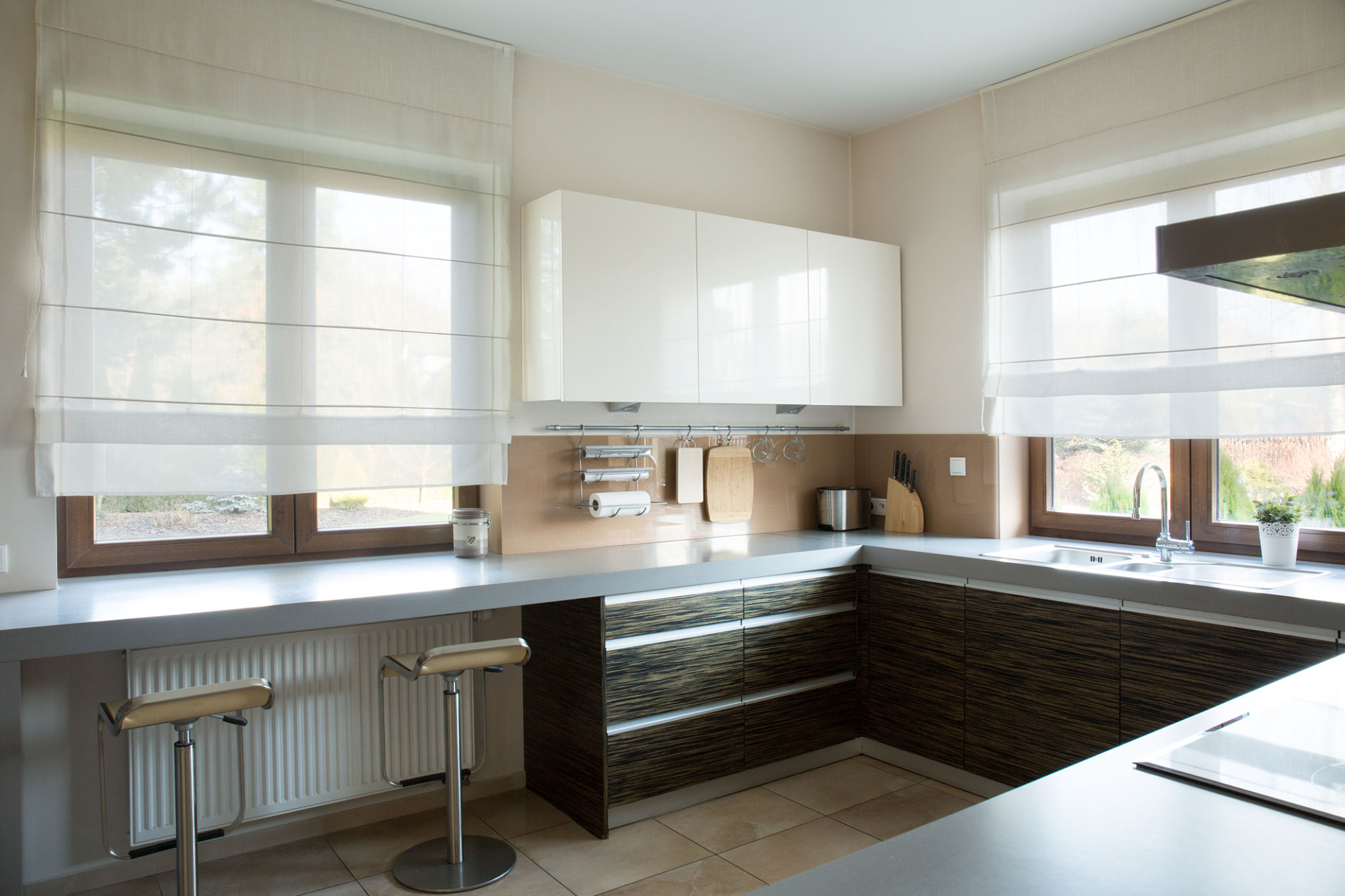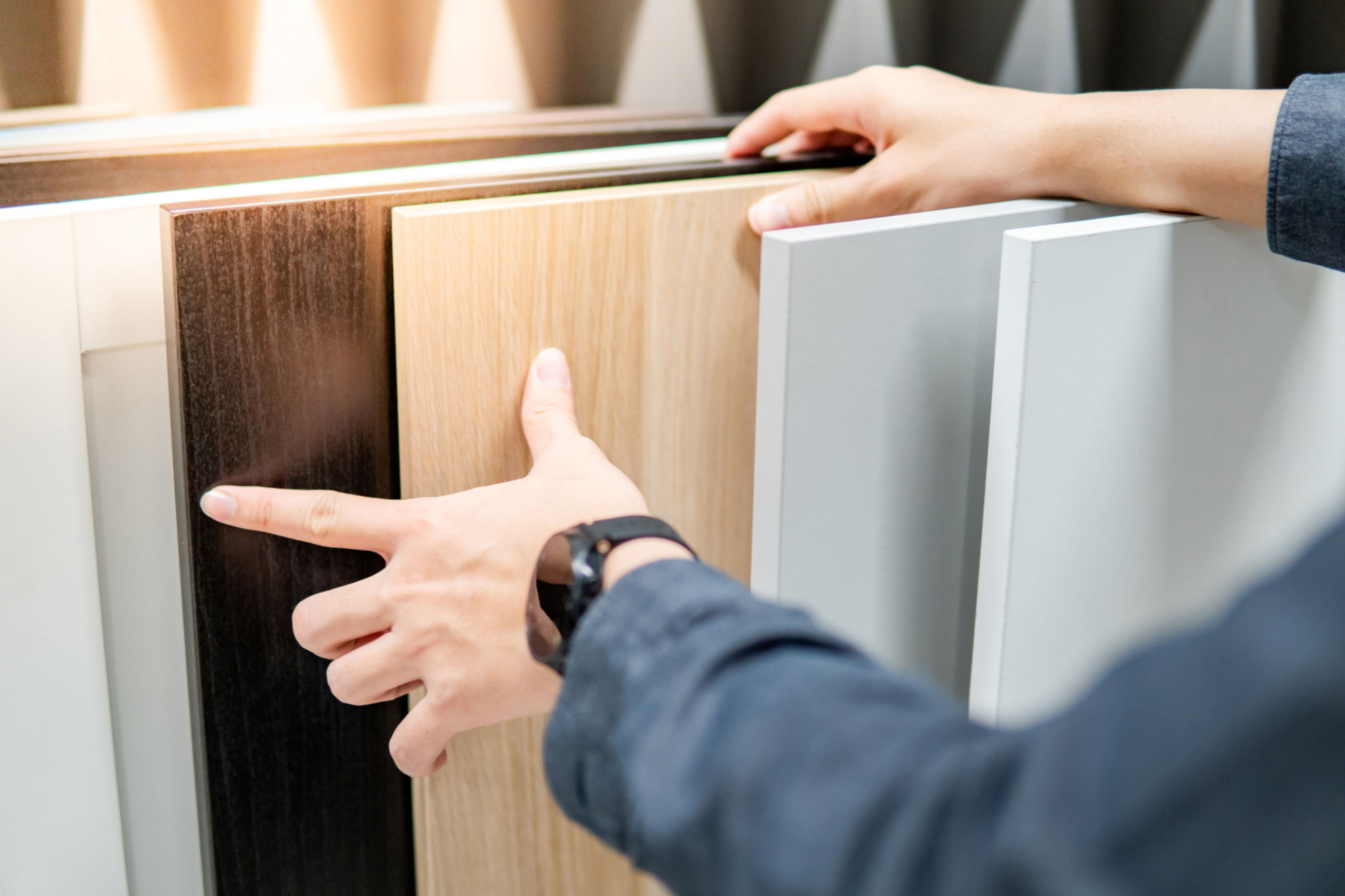Understanding the Custom Kitchen Process: From Concept to Completion
Understanding the Custom Kitchen Process: From Concept to Completion
Designing a custom kitchen is an exciting journey that transforms your culinary space into a personalized haven. Whether you're an avid chef or someone who loves entertaining, a custom kitchen can cater to your specific needs and preferences. The process is comprehensive, involving several stages that require collaboration between you and design professionals.
The journey from concept to completion involves careful planning and decision-making. This ensures that the final product is not only aesthetically pleasing but also functional and long-lasting. Knowing what to expect at each stage can help you prepare for the decisions and time commitments involved.

Initial Consultation and Planning
The custom kitchen process begins with an initial consultation with a designer or contractor. During this meeting, you'll discuss your vision, style preferences, and any specific requirements you may have. This is also the time to set a realistic budget and timeline for your project. The designer will take measurements of your current kitchen space and discuss potential layout options with you.
This stage is crucial for establishing a solid foundation for your project. The designer will provide you with initial sketches or 3D renderings to help you visualize the upcoming changes. It's important to communicate openly about your needs and expectations to ensure that the design aligns with your lifestyle.
Design Development and Material Selection
Once the initial concept is agreed upon, the focus shifts to design development. This involves selecting materials, finishes, and appliances that will bring your vision to life. From countertops to cabinetry, each element should be chosen with both style and functionality in mind.
During this stage, you'll have the opportunity to explore different material samples and color palettes. It's essential to consider factors such as durability, maintenance, and aesthetic appeal when making these selections. Your designer will guide you through the options to ensure coherence in your final design.

Construction and Installation
Once all design elements are finalized, the construction phase begins. This involves dismantling your existing kitchen and preparing the space for new installations. Depending on the complexity of your project, this phase can take several weeks to complete.
During construction, contractors will handle tasks such as plumbing, electrical work, and cabinetry installation. Regular communication with your project manager is key to addressing any challenges that arise during this stage. It's normal for unexpected issues to crop up, but having a proactive approach can minimize delays.
Final Touches and Inspection
As construction nears completion, it's time for the final touches. This includes installing hardware, lighting fixtures, and any decorative elements you've chosen. These details can significantly enhance the overall look of your kitchen and add a personal touch to the space.

Before you begin using your new kitchen, a thorough inspection will be conducted to ensure that everything meets quality standards and your satisfaction. This is also an opportunity to address any minor adjustments that may be necessary. Once everything is in place, you can finally enjoy the fruits of your labor and creativity.
Enjoying Your Custom Kitchen
With your custom kitchen completed, it's time to enjoy the enhanced functionality and beauty it brings to your home. Whether you're hosting family dinners or experimenting with new recipes, your kitchen should inspire creativity and comfort.
Remember that ongoing maintenance is key to preserving its condition over time. Regular cleaning and care will ensure that your investment continues to bring joy for years to come.
